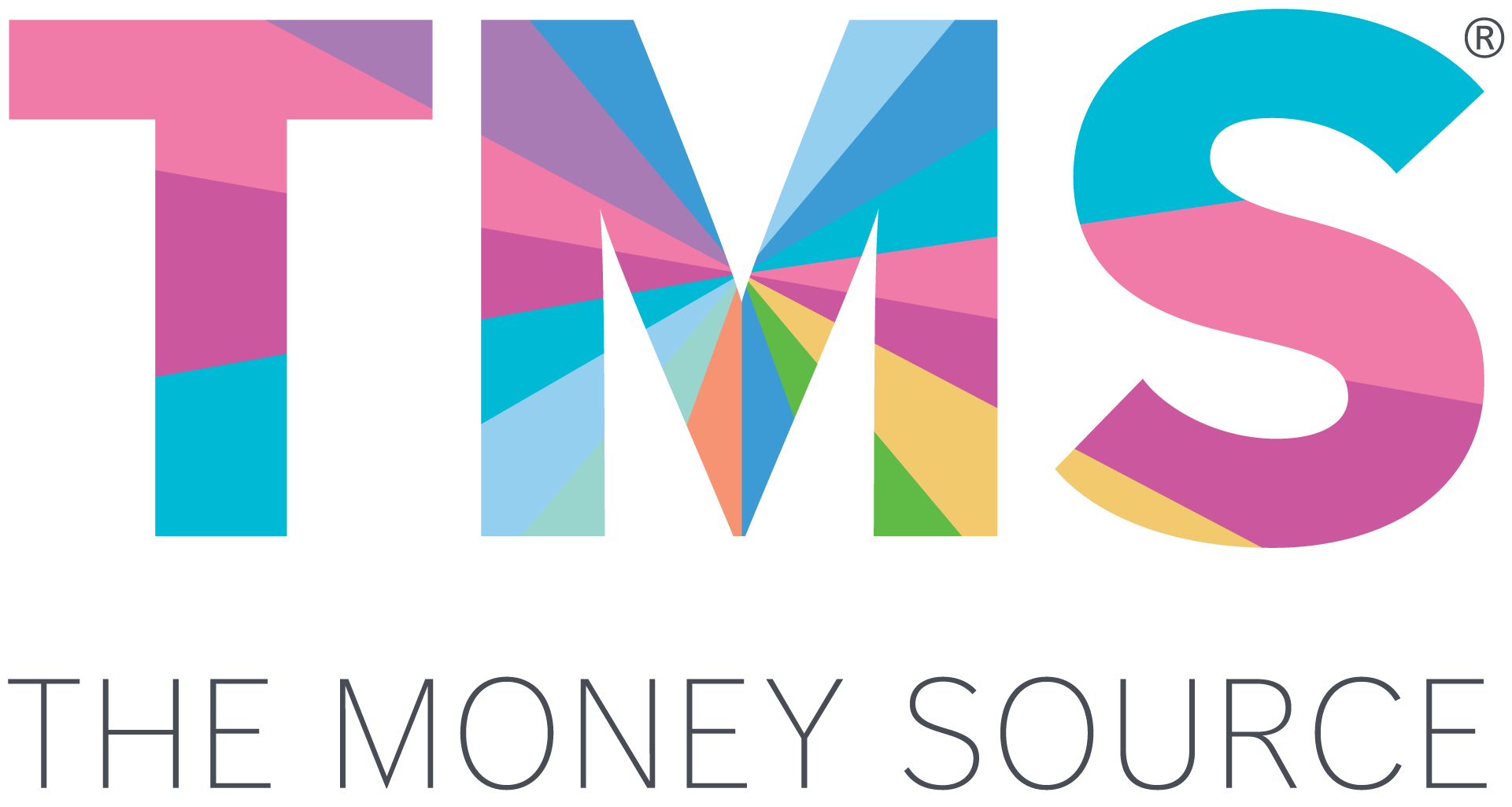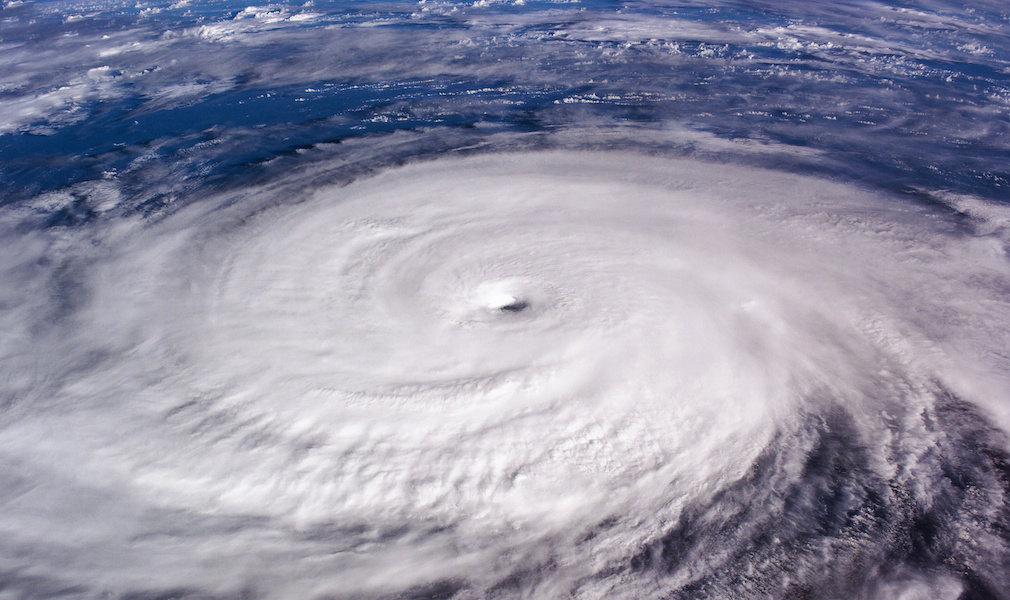It’s already too late if all your subservicer does is react to a natural disaster or crisis. You need a proactive subservicer.
Take Hurricane Michael as an example. Initial estimates from CoreLogic predicted that Hurricane Michael threatened 57,002 homes along the Florida Gulf Coast, with the storm having an estimated reconstruction cost value of approximately $13.4 billion.
Do you know if your subservicer is prepared to handle this influx of borrowers with swift care and efficiency?
With hurricane season being an annual threat, you need to make sure the same type of white-glove service you gave the borrower when you were trying to win them over is given by your subservicer when they’re going through one of their most difficult times.
One of the simplest ways to test whether or not you have a subservicer that’s prepared for a crisis is to call the customer service line. If it takes them 15 to 20 minutes to pick up the phone, that’s the same experience that your borrower is getting.
Once disaster strikes, borrowers need help quickly, with anything more than a couple of minutes feeling like eternity. Calling a mortgage company is just one thing they need to get to in the aftermath of a hurricane.
To help borrowers move through the recovering process as efficiently as possible, you need to dive deeper than the initial test call to your subservicer.

Are you ready for the storm?
Unfortunately, natural disasters and hurricanes will happen. It’s on you to make sure borrowers are in the best hands possible when it happens. To test the strength of your subservicer, go through this check list to see how well they’d be prepared for a future crisis. Here’s what we do at TMS.
In prep for the storm, TMS will…
- Suspend collection calls to the potentially impacted areas before FEMA even declares the disaster areas.
- Promptly host a series of instructor-led micro sessions for our borrower-facing team members on how to read FEMA maps, where to direct borrowers if they need help, how borrowers can file for disaster relief, and what the process is to note someone’s account if their home or place of work is impacted by a natural disaster. The sessions also trains team members on how to show empathy and that TMS is their partner through this.
- Update its interactive voice response options to make sure borrowers are connected to the right person faster. As an example, the IVR says, “If you were impacted by the recent hurricanes or another disaster, and need to speak to someone about your loan, please press 9 now.”
Once FEMA declares the disaster areas, TMS…
- Utilizes its award-winning subservicing platform SIME to make sure all borrowers are properly being tagged in the system, along with MSP. The platform tracks borrower payment habits in real-time so agents can know if the borrower is at risk of missing a payment.
- Provides team members an FAQ for questions borrowers may have. In the case of a hurricane, agents can answer if a borrower is impacted, whether or not they qualify for forbearance and how to explain it, how they can get FEMA assistance and more.
- Suspends collection calls to borrowers who declare that they have been impacted by the event Collections will no longer take place on borrowers who are engaged in disaster assistance through the duration of their program.
- Conducts regular wellness calls to proactively reach out to those impacted to keep track of their status. The agents get in front of them to make sure they know TMS is available and wants to help if a need arises.
- Stops credit reporting for any derogatory credit to those impacted.
- Suppresses late fees for all loans in the declared area, meaning declared for “Individual Assistance.”
- Works with insurance vendors onsite in the disaster areas to help borrowers file claims and turn checks quickly to get cash in the hands of the borrowers.
Don’t settle for a subservicer who can’t check off every item on this list since we know it’s possible to execute on. TMS delivers on this through every natural disaster and crisis and is ready and equipped to help your borrowers navigate any storm.
These tactics go beyond reacting to hurricanes and following the government’s guidelines on how to treat a borrower in a disaster area. Yes, those steps are important, but it’s important to the success of the borrow that the subservicer proactively gets in front of them. This way, they can move on to rebuilding their life.





